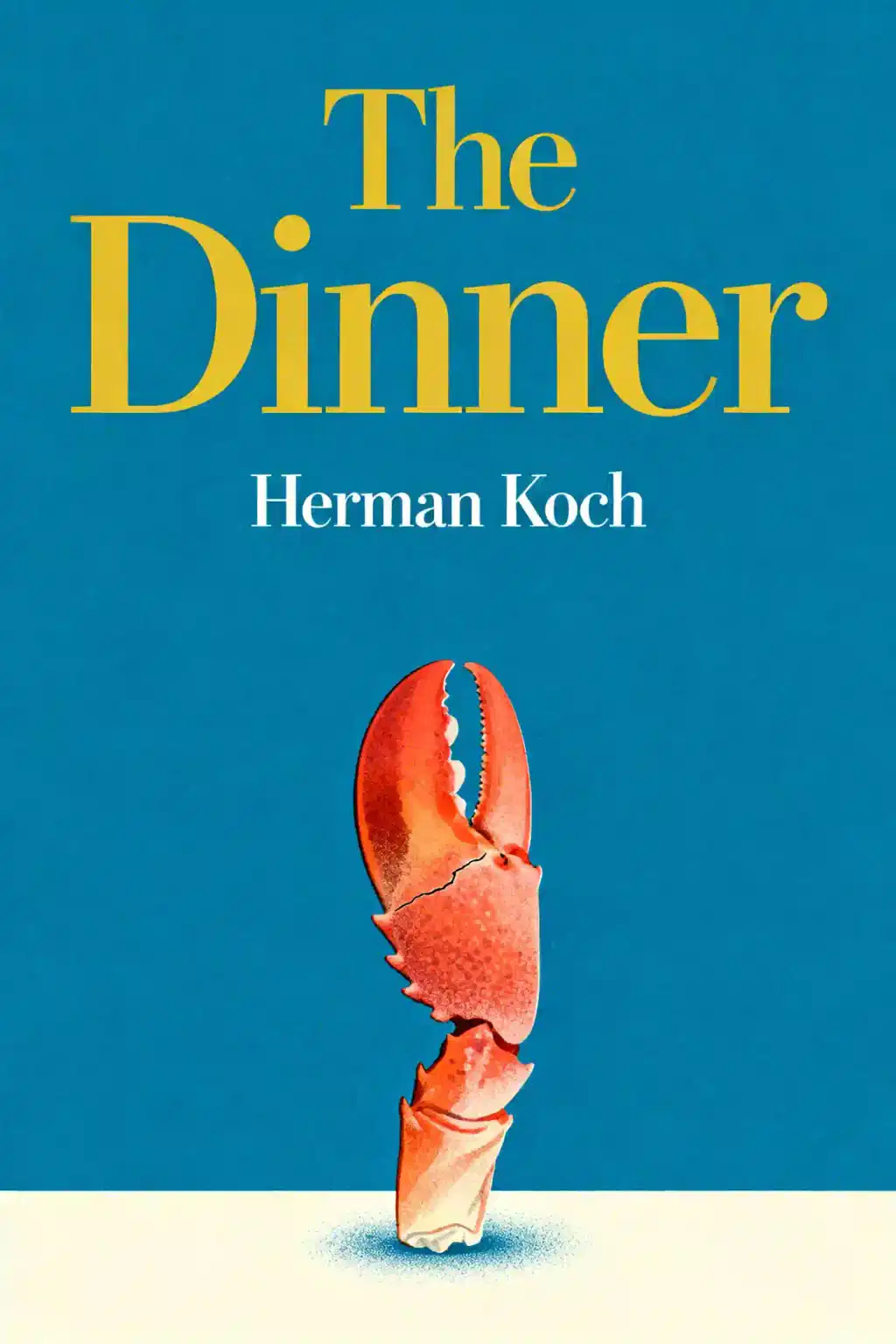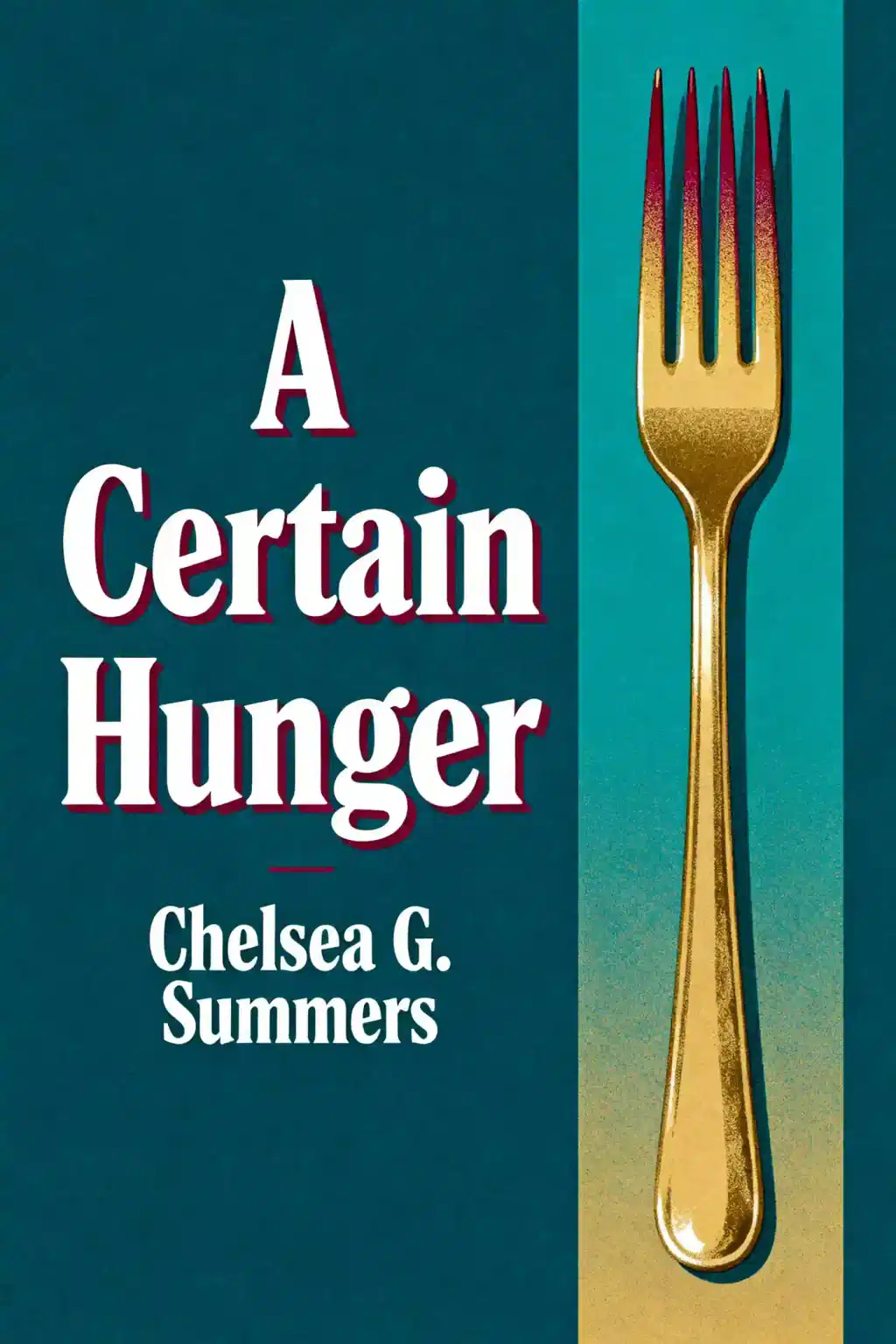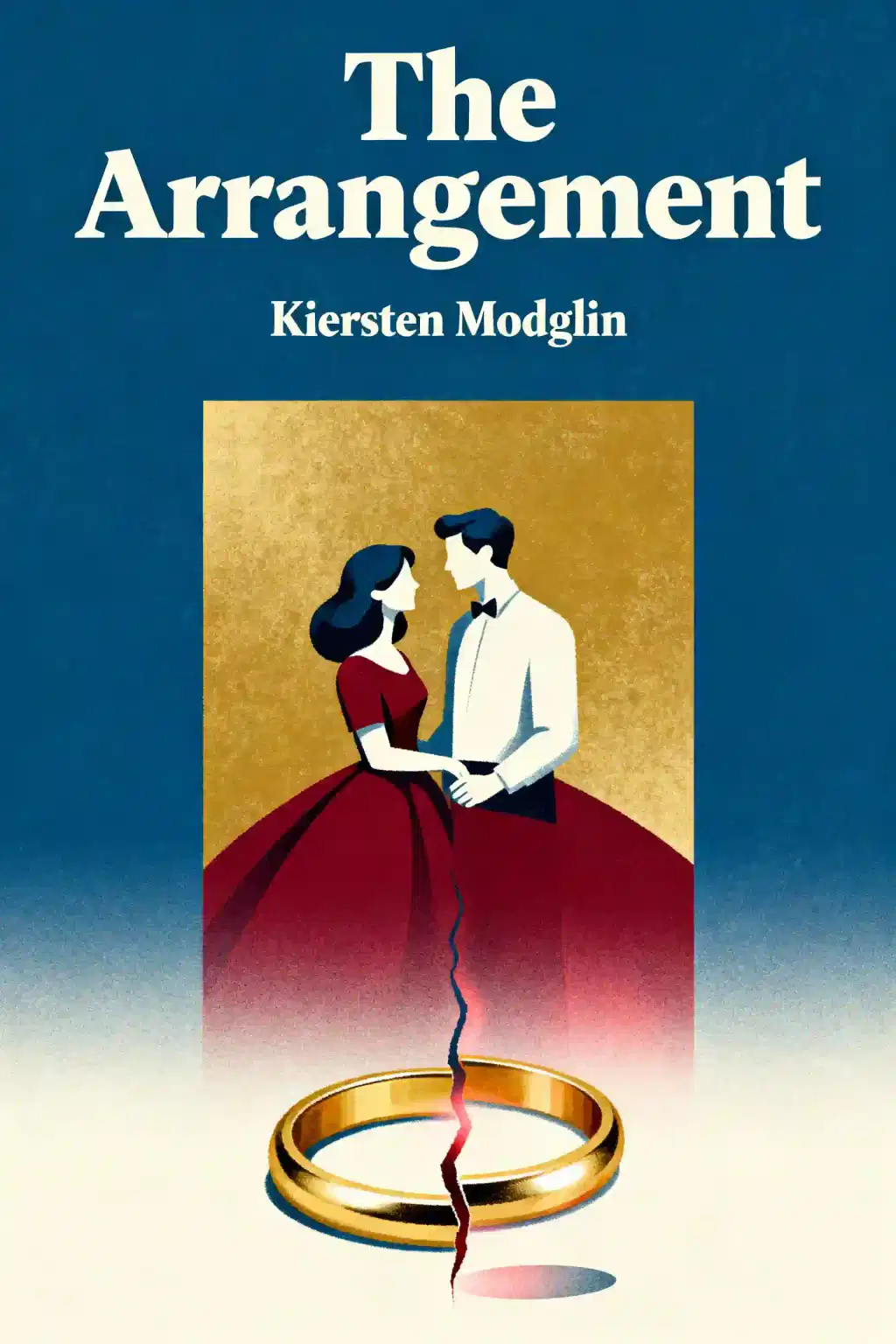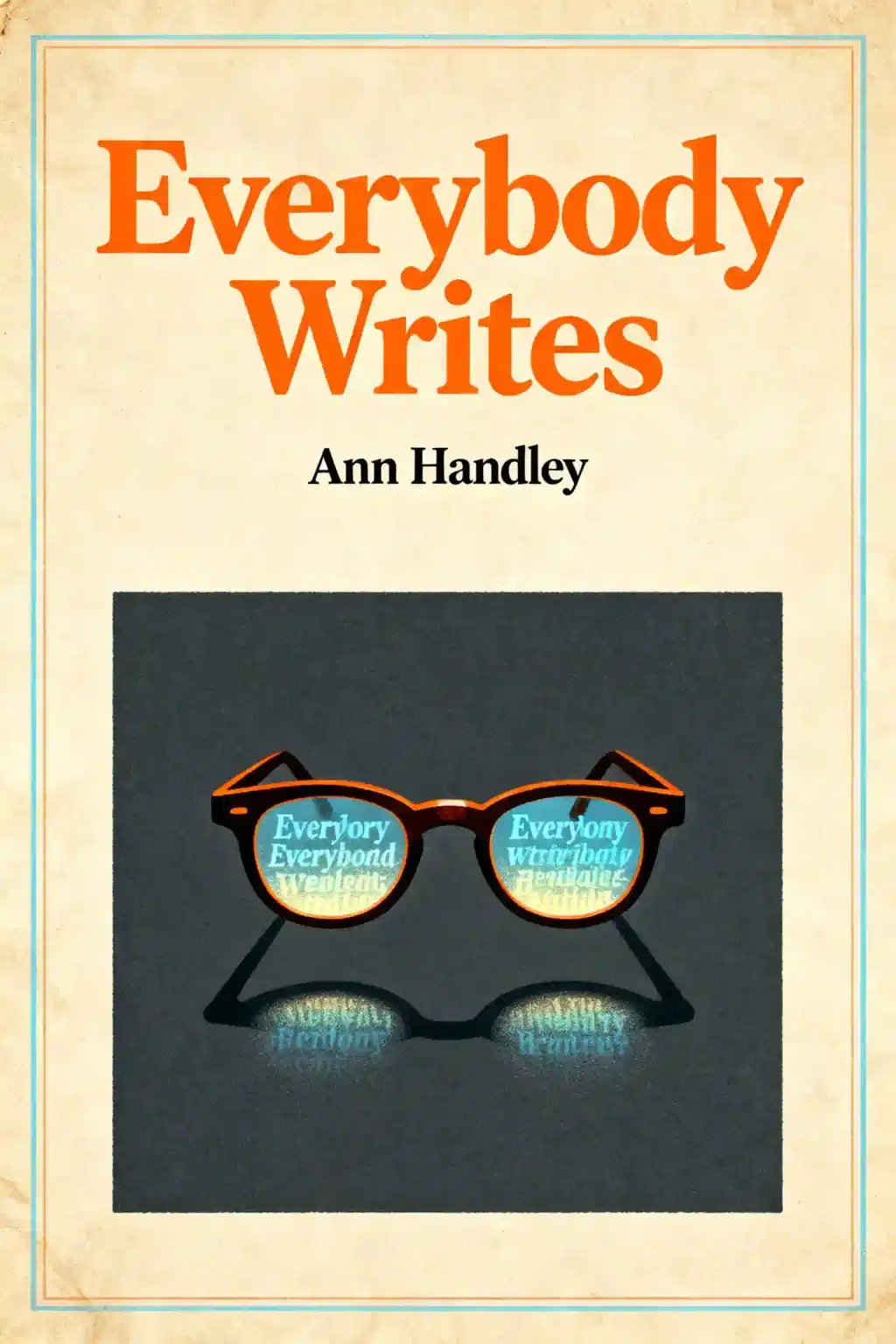What is The Dinner by Herman Koch about?
The Dinner by Herman Koch follows two couples meeting at an upscale Amsterdam restaurant to discuss a shocking crime committed by their teenage sons, who brutally attacked and killed a homeless woman. The incident was caught on CCTV but the boys haven't been identified yet. Narrated by Paul Lohman, a former teacher with a cynical worldview, the novel unfolds over the courses of an elaborate meal, gradually revealing dark family secrets and moral compromises.
Who should read The Dinner by Herman Koch?
The Dinner is ideal for readers who enjoyed psychological thrillers like Gone Girl and appreciate morally ambiguous characters. This book suits those interested in exploring ethical dilemmas about parental loyalty, the lengths people go to protect family, and the tension between public image and private morality. Fans of unreliable narrators and dark, suspenseful fiction that challenges conventional values will find this novel particularly compelling.
Is The Dinner by Herman Koch worth reading?
The Dinner is worth reading if you appreciate thought-provoking psychological fiction that sparks intense debate about ethics and human nature. While the novel polarized readers—some praising Koch's acerbic writing and exploration of moral dilemmas, others finding the characters too unlikeable—most agree it's a gripping, unsettling read. The book became an international bestseller, translated into multiple languages and adapted into four films, demonstrating its cultural impact.
How does Herman Koch use structure to build suspense in The Dinner?
Herman Koch structures The Dinner around the sequential courses of a meal—aperitif, appetizer, main course, dessert, and digestif—creating a claustrophobic framework that builds tension throughout. Each section is frequently interrupted by flashbacks and disruptions, gradually revealing the full scope of the crime. This non-linear narrative slowly transforms from seemingly innocent dinner conversation into a disturbing exploration of family secrets, forcing readers to question their own moral judgments.
What are the main themes in The Dinner by Herman Koch?
The Dinner explores how far parents will go to protect their children, even when they've committed heinous acts. Key themes include:
- moral ambiguity versus family loyalty
- the hereditary nature of violence
- the tension between public image and private morality
Koch examines privilege and class, satirizing wealthy society's superficiality while questioning whether appearances truly reflect character. The novel also addresses the consequences of moral compromise and the psychological toll of maintaining secrets.
Why is Paul Lohman considered an unreliable narrator in The Dinner?
Paul Lohman serves as an unreliable narrator whose perspective gradually reveals his critical, violent tendencies and mental instability. Initially, readers may sympathize with his cynical observations about his politician brother Serge and pretentious restaurant culture. However, as the dinner progresses, Paul drops disturbing details that expose his complicity in protecting his son and his possible hereditary mental health issues. His manipulative nature and selective truth-telling force readers to question everything he's presented.
What is the crime the sons committed in The Dinner by Herman Koch?
In The Dinner, teenage boys Michel and Rick attacked a homeless woman near an ATM, throwing garbage at her, mocking her, and ultimately setting her on fire, resulting in her murder. The brutal attack was captured on CCTV footage and broadcast nationally, becoming a scandal, but the boys haven't been identified by authorities. The parents recognized their sons in the footage, leading to the dinner meeting where they must decide whether to turn them in or protect them from consequences.
What does The Dinner by Herman Koch say about family loyalty versus morality?
The Dinner presents a disturbing examination of family loyalty taken to its darkest extreme. While Serge initially wants to hold a press conference exposing the boys' crime, the other parents—particularly Claire and Paul—prioritize protecting their children over justice. Claire dismisses the murder as an "accident" and establishes alibis, while Paul secretly celebrates that the scandal will end Serge's political career. Koch challenges readers to confront whether familial bonds justify enabling violence and denying victims justice.
What are the most memorable quotes from The Dinner by Herman Koch?
"Unhappiness loves company" captures the novel's theme of shared misery and how the characters seek validation in their collective moral failure. "We need to talk about our children," repeated throughout, highlights the central conflict and the parents' struggle with responsibility. The recurring details—like the manager's pinkie finger and broken wine cork—symbolize the unraveling of control and civility as the evening progresses, foreshadowing the characters' descent into moral compromise.
What are common criticisms of The Dinner by Herman Koch?
Critics of The Dinner found the characters extremely unlikeable and difficult to empathize with, which some readers felt hindered their engagement. Many found the ending unsatisfying or too ambiguous, leaving them frustrated rather than thoughtfully challenged. Some readers felt the novel's dark exploration of moral compromise was too cynical, offering no redemptive qualities or hope. However, supporters argue these criticisms miss the point—Koch intentionally crafted repellent characters to force readers to examine their own ethical boundaries and complicity.
How does The Dinner compare to Gone Girl?
Both The Dinner and Gone Girl feature unreliable narrators who manipulate reader sympathy before revealing disturbing truths about their character. Like Gillian Flynn, Herman Koch creates morally ambiguous protagonists whose actions challenge conventional notions of right and wrong. However, while Gone Girl focuses on a toxic marriage and media manipulation, The Dinner centers on family loyalty and parental protection of criminal children. Both novels sparked intense debate about ethics, though The Dinner takes a more philosophical approach to exploring human nature's darker aspects.
What does the restaurant setting symbolize in The Dinner by Herman Koch?
The upscale restaurant represents privilege, pretense, and social performance that masks moral decay beneath civilized surfaces. Koch satirizes gourmet food culture through elaborate course descriptions and the obsequious manager, highlighting how wealth and status create insulation from consequences. The claustrophobic dinner setting forces the characters into sustained confrontation they cannot escape, much like their shared guilt over their sons' crime. The meal's progression from aperitif to digestif mirrors the gradual revelation of each character's complicity and moral corruption.














